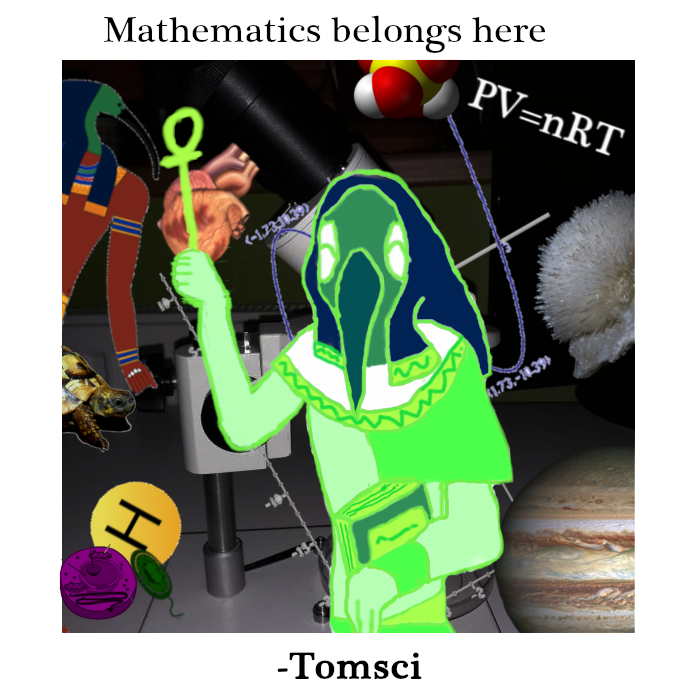This blog post hyperbolically has “do-or-die moment” in title, and then concludes with with the final breathless line, “we must act now, before it is too late” (which it claims is “every scientist’s most familiar motto”, whatever that means). Yet nowhere at all in the blog post or the paper is any suggestion of what “act” could or should be done to avoid this “die” condition.
The “limitations” section of the article is a bit telling (and at least seemingly honest).
- relies “on the instances of scientific fraud that have been reported” (i.e. someone else has already detected fraud and “acted” on it)
- speculates that there’s a lot more fraud, but has no way to quantify or measure, so it is just speculation
- “temporal changes in detection effort or in the attention paid to different fields may produce spurious trends” (um, okay, so we don’t even know if the data they do have is comprehensive enough)
- “systematic fraudulent activity has always been large but that only now has been detected” (ah, an alternate hypothesis just thrown out there that could invalidate the entire conclusion, but is not explored)
- not actually in the limitations section, but elsewhere it is also noted
I like also how the blog post admits, ‘there is still no standard definition of what a “paper mill” actually is.’ In fact no definition is offered by the blog post or the article, though the term is used constantly. (As though the problems of “paper mills” hasn’t been a known concern for dozens of years already.)
The blog post concludes with “If the model public goods game offers any prognostication”. But the “game” model is one that the author just made up earlier in the post, and arbitrarily setting the rules, boundaries and parameters for. So basically this is saying, “if my [extremely simplistic] made up analogy is true…”
I sympathize with the authors’ concerns, but this article seem to me to have a lot of problems, and not offer much of what was promised. Can’t help but wonder if PNAS picked it up just for flame-bait… which would be ironic.
As more and more research comes out as fraud, this plays directly into the hands of the anti-intellectuals that call it all a waste anyway.
The usual cause of this fraud is pride and greed on behalf of the researchers, tainting results and damaging who knows how much future research.
The capitalist world considers pride and greed as virtues, capitalism is incompatible with scientific integrity
But nearly every one of you will make excuses as to why we don’t change.
The usual cause of this fraud is pride and greed on behalf of the researchers
Not to forget the good old “publish or perish”, as mostly positive findings get published/accepted by journals and it’s harder to keep your job (i.e. get funding) if you don’t publish any papers
This is the real issue - the incentive structure is completely broken when your career depends on pumping out positive results instead of acurate science, and journals won’t publish null findings even when they’re methodologically sound.
Capitalism is eroding our trust in science and each other.




